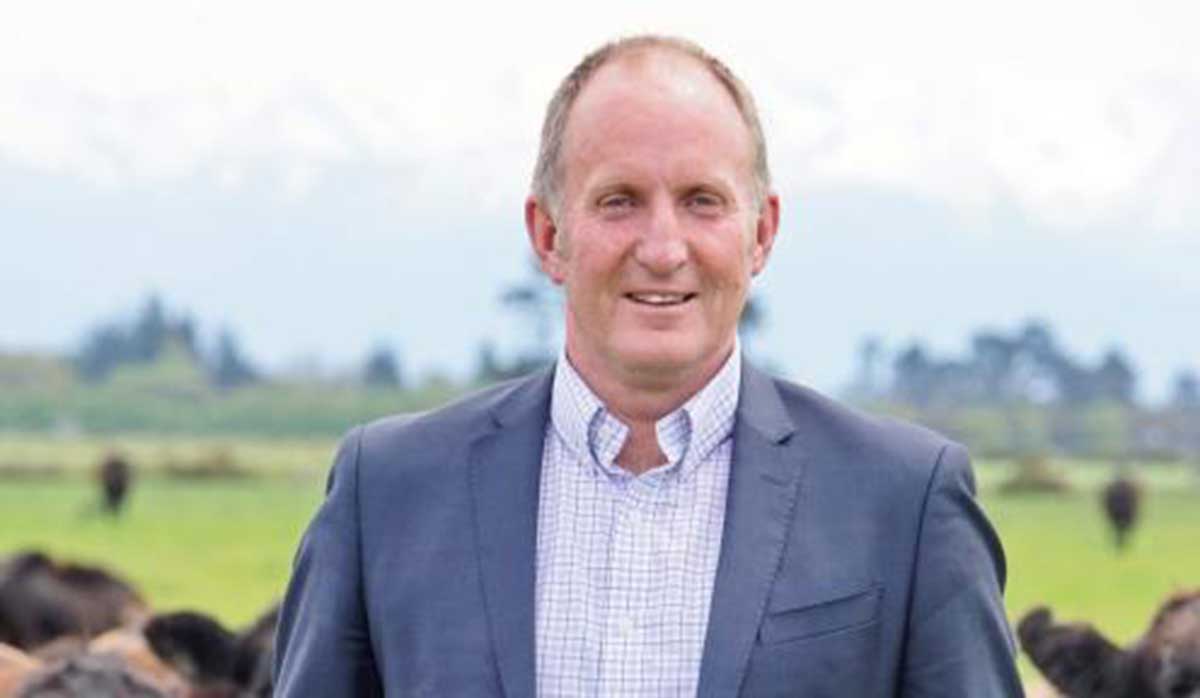State of the Dairy Nation 2024/25: DairyNZ Highlights Record Milk Production and Export Growth
DairyNZ's chief executive Campbell Parker says the 2024/25 dairy season reinforces the importance of the dairy sector to New Zealand.
DairyNZ and Beef + Lamb NZ (B+LNZ) say they are taking farmer feedback on board and working to improve the agricultural emissions pricing options, including driving down administration costs.
Recently, roadshows were held across the country on the two options developed by the Primary Sector Climate Action Partnership, He Waka Eke Noa (HWEN), as alternatives to the Emissions Trading Scheme (ETS).
DairyNZ chair Jim van der Poel says the Government has made it clear that the sector need to deliver a credible alternative otherwise the agriculture sector will go into the ETS.
“But that’s not the only reason we need to act,” he says.
Van der Poel says the sector wants to ensure farmers can continue running sustainable businesses while meeting the expectations of communities and consumers that the sector is working to reduce emissions.
“It’s also hugely important the sector and Government continue investing – and invest more – in R&D to develop new technologies to achieve this,” he says.
Both DairyNZ and B+LNZ say the results of the roadshow are clear, with 99% of farmers agreeing they don’t want agricultural emissions to be priced through the ETS.
We’re focused on doing everything we can to minimise costs to ensure farmers’ businesses remain viable, profitable and our rural communities continue to thrive. We’re working to make sure what’s eventually introduced is practical and sensible, and works on the ground for farmers,” says B+LNZ chair Andrew Morrison.
 |
|---|
|
Beef + Lamb New Zealand chair Andrew Morrison. |
The HWEN partnership includes B+LNZ, DairyNZ, Dairy Companies Association of NZ, Federated Farmers, Foundation for Arable Research, Horticulture NZ, Irrigation NZ, Federation of Māori Authorities, Deer Industry New Zealand, Meat Industry Association and Apiculture New Zealand.
“Farmers have expressed a strong preference for the farm-level levy option, so they are recognised and incentivised for on-farm actions. They want control over their farm emissions and farm management,” says van der Poel.
86% of feedback supported farm-level pricing as the final outcome of HWEN.
“Farmers want the sector to have a seat at the table when levy prices are set and price setting should be science-based, not influenced by politics. The pricing setting criteria needs to be transparent with industry bodies involved,” says Morrison.
“Farmers deserve a far better deal than the ETS. In the consultation, there was strong support for split gas pricing and the use of better metrics for setting methane reduction targets. Alongside work on He Waka Eke Noa, DairyNZ and B+LNZ will continue to speak up strongly on behalf of farmers for methane reduction targets that are scientifically robust and fair,” says van der Poel.
Twenty years ago, South African dairy farm manager Louis Vandenberg was sent to a farm in Waikato to provide training on Afimilk technology.
Strong farmgate milk price is helping boost investment on farms, says PGG Wrightson chief executive Stephen Guerin.
Fonterra's 460 milk suppliers in Australia, who will switch to Lactalis end of this month, are unfazed with the impending change.
The 5+ A Day Charitable Trust has launched a collection of affordable recipes designed to turn everyday vegetables into seasonal stars.
Jane Mellsopp has been confirmed as the new Government Appointee to the New Zealand Meat Board (NZMB).
To celebrate the tenth anniversary of its annual Good Deeds competition, Rabobank will give away $100,000 to improve rural community hubs, schools, clubrooms, and marae across New Zealand.

OPINION: A mate of yours truly reckons rural Manawatu families are the latest to suffer under what he calls the…
OPINION: If old Winston Peters thinks building trade relations with new nations, such as India, isn't a necessary investment in…